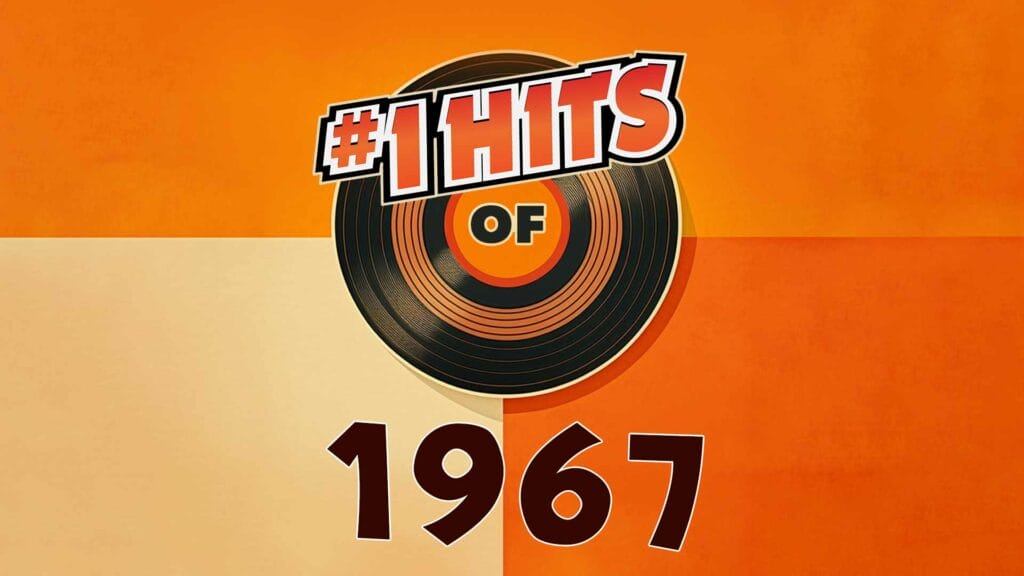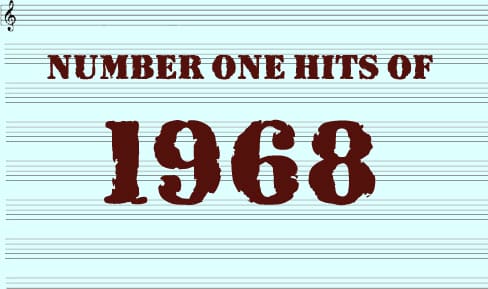 |
|||
|---|---|---|---|
The Number One Hits of 1924 |
|||
| Dec 22, 1923 – Jan 4, 1924 Eddie Cantor No, No Nora Eddie Cantor (born Edward Israel Iskowitz, January 31, 1892 – October 10, 1964) was an American entertainer known for his comedic talents, singing, and acting. Born in New York City, Cantor grew up in a poor family on the Lower East Side. He began his career in vaudeville, where his energetic singing, dancing, and comedic abilities quickly gained attention. |
|||
| Jan 5, 1924 – Jan 25, 1924 Fred Waring’s Pennsylvanians Sleep Fred Waring’s Pennsylvanians was a popular dance band led by Fred Waring. “Sleep” is a soothing, melodious song showcasing the ensemble’s smooth instrumental arrangements and polished performance style, contributing to their widespread appeal during the 1920s. |
|||
| Jan 26, 1924 – Feb 15, 1924 Arthur Gibbs Charleston Arthur Gibbs was a British bandleader and pianist. “Charleston” is an upbeat, energetic tune synonymous with the Roaring Twenties and the eponymous dance craze. Gibbs’ lively rendition of the song, composed by James P. Johnson, captivated audiences with its catchy rhythms and infectious melody. |
|||
| Feb 16, 1924 – Feb 29, 1924 Wendell Hall It Ain’t Gonna Rain No Mo’ Wendell Hall was an American country singer-songwriter and ukulele player. “It Ain’t Gonna Rain No Mo'” is a lighthearted, optimistic song written by Hall himself. The catchy tune and Hall’s warm and engaging vocal delivery helped make the song a hit during this period. |
|||
| Mar 1, 1924 – Mar 28, 1924 Paul Whiteman Linger Awhile “Linger Awhile” is a sentimental ballad by Harry Owens and Vincent Rose. Paul Whiteman’s orchestral arrangement and skillful interpretation of the song resonated with listeners, offering a romantic and tender performance that showcased the versatility of his orchestra. |
|||
| Mar 29, 1924 – May 23, 1924 Ted Weems Somebody Stole My Gal Ted Weems was a popular bandleader and trombonist during the 1920s and 1930s. “Somebody Stole My Gal” is a lively, upbeat song written by Leo Wood. Weems’ rendition features dynamic brass arrangements and spirited vocals, which made the song a popular hit. |
|||
| May 24, 1924 – Jul 18, 1924 Al Jolson California, Here I Come! “California, Here I Come!” is a joyful song written by Al Jolson, Buddy DeSylva, and Joseph Meyer. Jolson’s exuberant performance and powerful voice helped make the song an enduring classic, as he expressed the excitement and allure of California during this era. |
|||
| Jul 19, 1924 – Aug 1, 1924 Isham Jones Spain “Spain” is a romantic, evocative tune written by Isham Jones and Gus Kahn. Jones’ lush orchestral arrangement and the song’s captivating melody captured listeners’ imaginations, transporting them to the enchanting landscapes of Spain. |
|||
| Aug 2, 1924 – Sep 5, 1924 Paul Whiteman What’ll I do? “What’ll I do?” is a melancholic, introspective song by Irving Berlin. Paul Whiteman’s poignant rendition, which features a lush orchestral arrangement, resonated with audiences, showcasing his ensemble’s emotional depth and versatility. |
|||
| Sep 6, 1924 – Oct 10, 1924 Isham Jones It Had To Be You “It Had To Be You” is a timeless, romantic song by Isham Jones and Gus Kahn. Jones’ heartfelt rendition and elegant orchestral arrangement struck a chord with listeners, making the song an enduring classic that continues to be popular today. |
|||
| Oct 11, 1924 – Nov 14, 1924 Fred Waring’s Pennsylvanians Memory Lane “Memory Lane” is a sentimental ballad by Bud DeSylva, Con Conrad, and Larry Spier. Fred Waring’s Pennsylvanians deliver a tender, nostalgic performance featuring smooth instrumental arrangements and evocative vocals that resonated with audiences during the 1920s. |
|||
| Nov 15, 1924 – Dec 5, 1924 Al Jolson I Wonder What’s Become Of Sally “I Wonder What’s Become Of Sally” is a wistful, nostalgic song by Milton Ager and Jack Yellen. Al Jolson’s emotive, powerful voice and ability to convey the longing and sentimentality of the song made it a hit during this period. |
|||
| Dec 6, 1924 – Jan 9, 1925 Paul Whiteman Somebody Loves Me “Somebody Loves Me” is a hopeful, romantic song written by George Gershwin, Ballard MacDonald, and Buddy DeSylva. Paul Whiteman’s lush orchestral arrangement and skillful song interpretation captivated listeners, showcasing the ensemble’s versatility and ability to adapt to various musical styles. |
|||
|
Charts based on Billboard music charts. The Biggest Pop Artists of 1924 include: |


